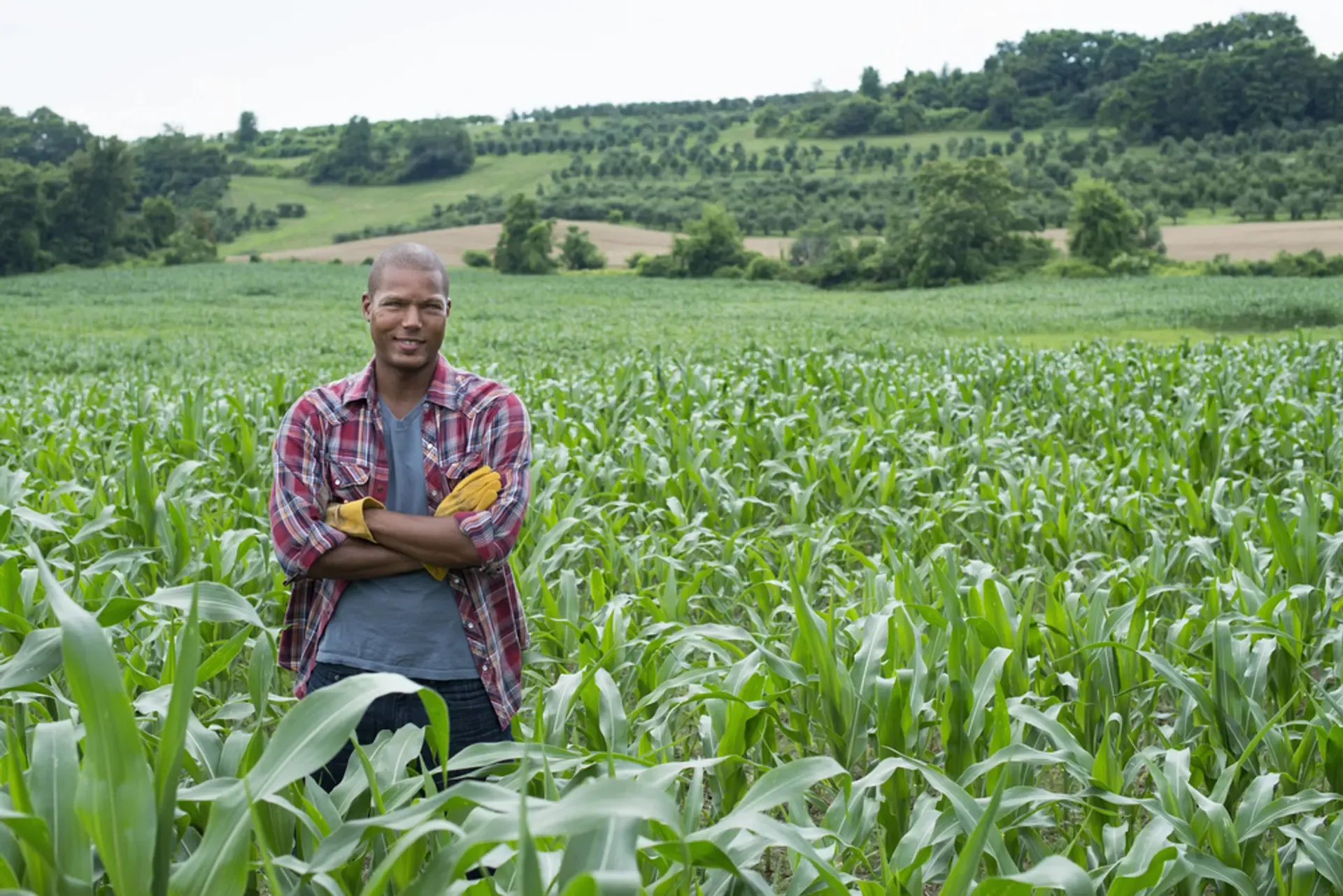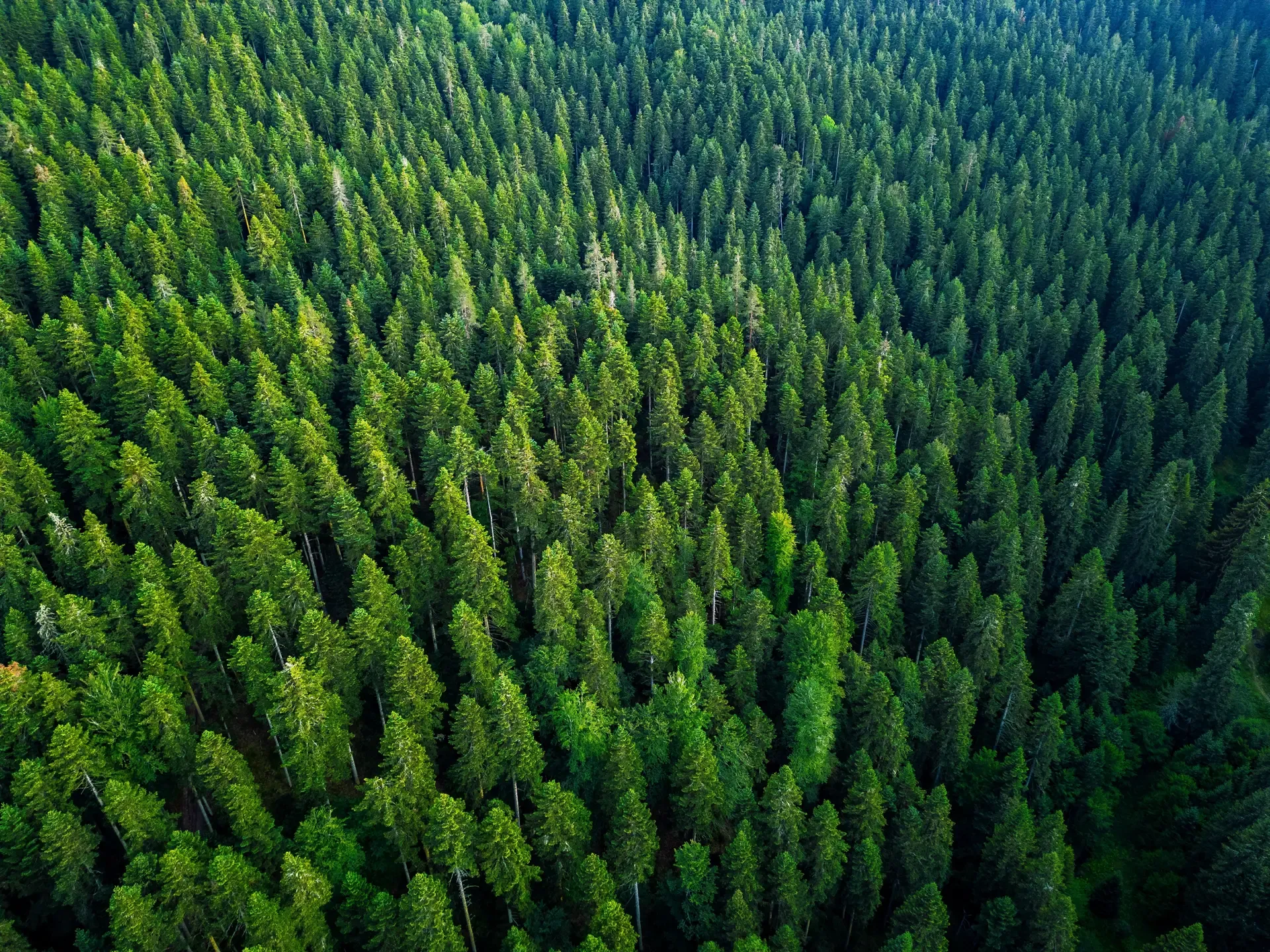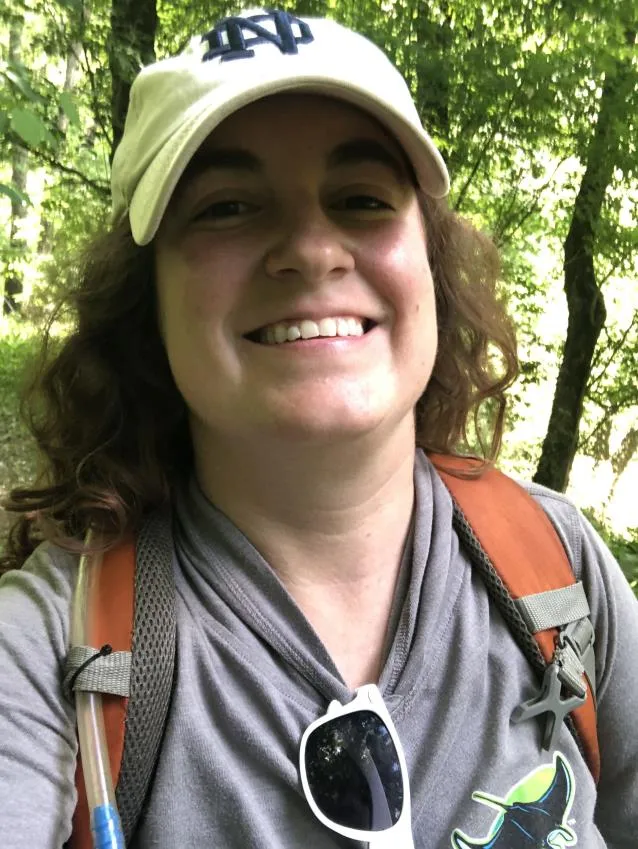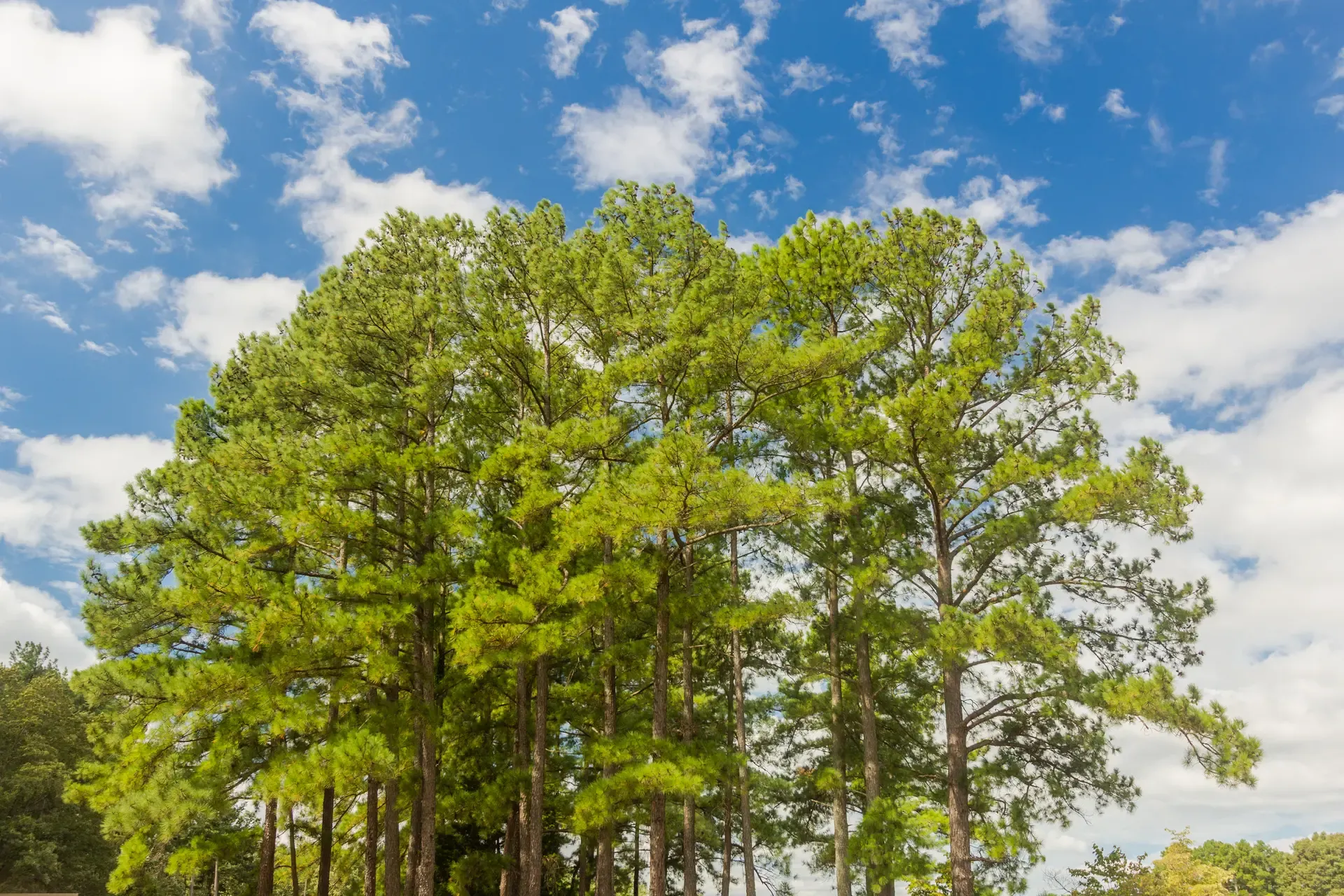How USDA’s New Report on Carbon Markets is a Gamechanger for Rural America

Today, in accordance with deliverables listed in the Growing Climate Solutions Act, the U.S. Department of Agriculture (USDA) released their latest assessment of the role agriculture and forestry play in carbon markets. Among many other takeaways, this report shines a light on the critical importance of empowering family forest owners to create meaningful conservation impact through accessing the voluntary carbon market. Below is a breakdown of the report and what it means for climate action in U.S. forests.
The Challenge to Carbon Markets in Rural America
This report shines a light on the integral role rural landowners play in activating America’s lands in the fight against climate change. It emphasizes the many challenges and barriers that family forest owners in particular face in accessing carbon markets, the most financially viable mechanism for activating private forests as natural climate solutions as part of our country’s broader climate mitigation strategy.
The report highlights the close relationship between the success of capturing more carbon through agriculture and forestry projects, and landowners’ ability and willingness to participate in carbon markets. Meaning, if landowners face barriers to market entry, we won’t be able to catalyze the climate potential of family forests in the race to mitigate climate change. Barriers include high upfront costs for implementing projects, challenges and costs to monitoring and reporting projects, and confusion over options to landowners, among others.
USDA’s Role
Though the report enumerates many challenges to the growth and adoption of carbon markets in rural America, it also details promising changes that the agency can make in order to unlock market access and participation.
USDA’s commitments listed in this report are a gamechanger for carbon markets. The government’s investment in increasing market access has catalytic potential to provide rural landowners with the tools they need to sustainably steward their lands, access additional income, and help the planet.
The report outlines how USDA can provide technical assistance to landowners through existing programs, including their Natural Resources Conservation Service, Climate Hubs, and Office of Environmental Markets. Additionally, they identify the need to offer innovative grants and partnerships to organizations working in carbon, forestry, and agriculture, as well as invest in research that provides more accurate and transparent data among carbon projects, thus reducing uncertainties and building confidence in the market. USDA will also play a critical role in reducing market confusion faced by producers by serving as a trusted authority for a range of relevant carbon market information.
What Does This All Mean? Our Take
Family forest owners want to do what’s best for their lands – but as this report emphasizes, they need the tools to protect the health and value of their forests. Carbon markets make that possible.
We cannot afford not to figure out how to maximize market participation among all producers, both for the sake of our planet and for the rural, often underserved Americans that financially benefit from this market. This is critical work to ensure that rural America is not left out of yet another economic and environmental opportunity.
One of the key barriers the report names is that it’s often impossible for small scale and underserved landowners to access carbon markets because the margins are thin and there are so many upfront costs. At the same time, efforts to improve the quality of carbon credits, which are necessary, add to those costs and reduce the amount of upfront revenue available.
Just like USDA has played a critical role for other agriculture markets where the production of an agricultural commodity provides an economic, environmental, and social benefit, it can do the same for carbon markets by providing technical assistance, research, development, and innovation, as well as supporting the financing that’s needed to unlock market access for rural America.
Making It Happen
USDA has existing tools they can use to break down barriers to carbon markets. But we also need new tools to catalyze public and private investment in the market. One tool is the Rural Forest Markets Act, which will grant USDA clear authority to finance and reduce the risks of launching and implementing high-quality carbon projects that produce credits that measure meaningful climate impact.
The Rural Forest Markets Act would enable USDA to issue guarantees for loans and bonds that help create carbon markets for small landowners; incentivize family landowners to adopt climate-friendly forest practices that increase the value of market commodities like carbon, water, and timber; and allow the U.S. to achieve the necessary scale of climate impact by bringing the power of private finance from companies, philanthropy, and social impact organizations to rural America.
Meanwhile, there are already efforts underway to remove financial and technical barriers to carbon markets for family forest owners, such as AFF and TNC’s Family Forest Carbon Program (FFCP). FFCP was uniquely designed to expand access to carbon markets for small family forest owners, empowering them to capture and store carbon to improve their forests’ health and address climate change. The program provides technical and financial support for landowners to implement climate-smart forestry practices to improve the health and value of their woodlands. It’s a win-win for people and the planet.
USDA’s commitment to making carbon markets work, despite the barriers that currently exist, is an important signal of confidence in its potential. We all know there are challenges with carbon markets, and USDA’s willingness to work with partners to get them right for rural Americans further builds confidence and integrity in this crucial piece of our country’s climate mitigation puzzle.
Related Articles

July 3, 2025
AFF CEO Statement on Passage of Reconciliation Bill
Federal support of family forest producers, through tax provisions and conservation programs, provides some of the tools they need to strengthen local economies while improving the health and productivity of our nation’s woodlands.

July 1, 2025
Forester Spotlight: Sarah Cawood
We’re excited to highlight Sarah Cawood, a dedicated forester with the Family Forest Carbon Program (FFCP) who brings enthusiasm, experience, and a strong commitment to conservation to her work.

June 3, 2025
Why Wildlife Loves Loblolly—And How These Pines Can Benefit Your Land
A quiet stretch of pine trees can offer more than just scenery—it can provide vital habitat for wildlife across every season. Loblolly pine, the most common native tree species in the Southeast, plays a particularly important role in creating habitat for a wide variety of game and non-game species, from wild turkeys and rabbits to songbirds and squirrels.